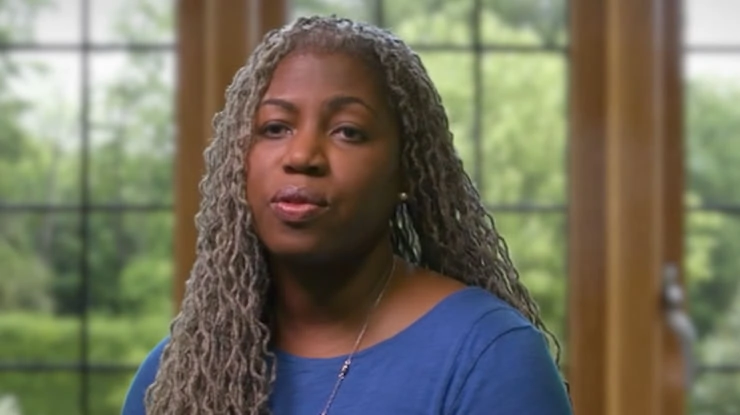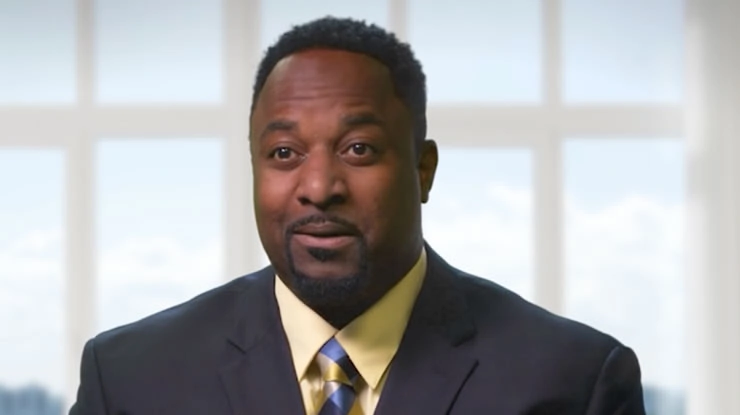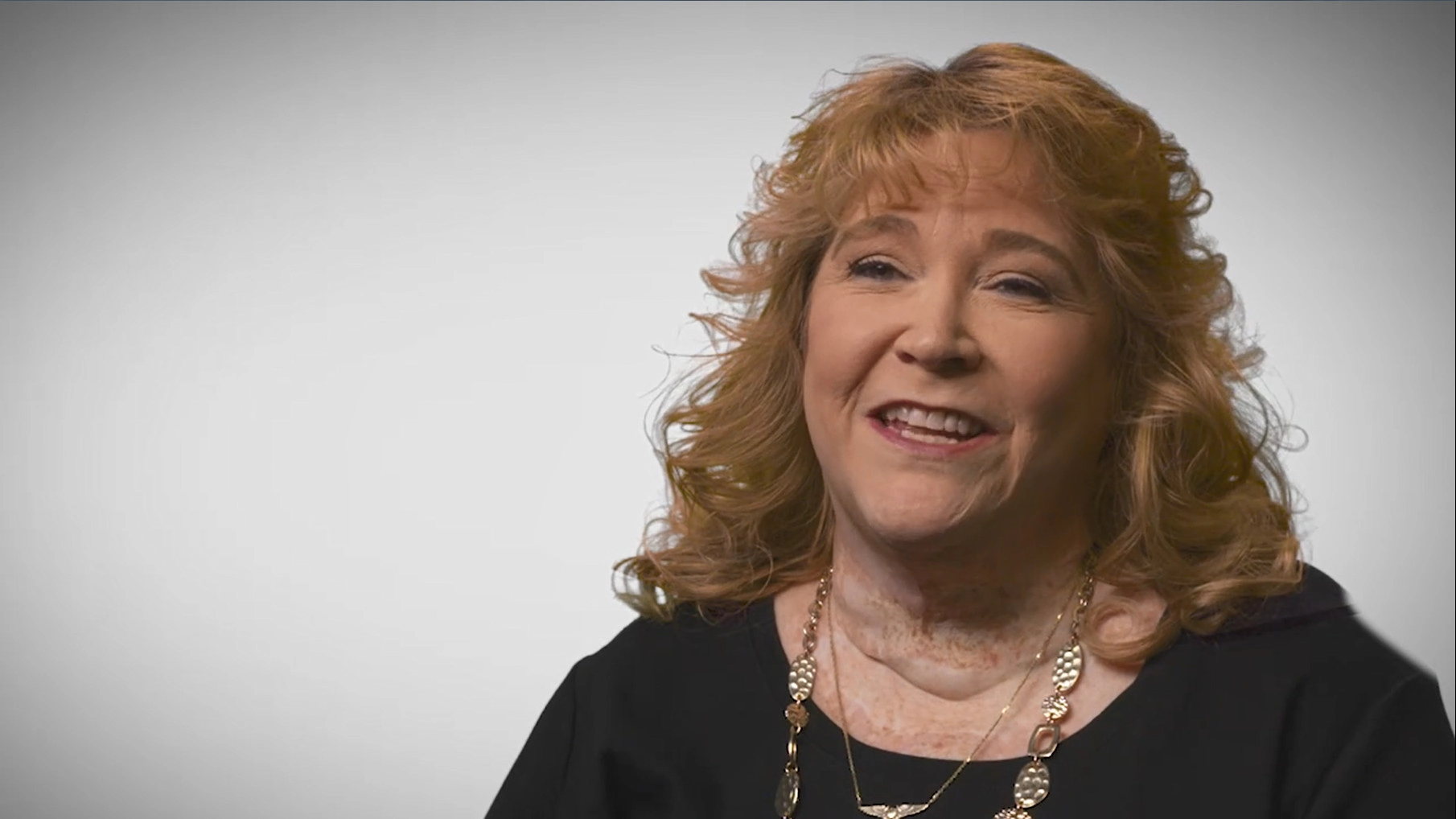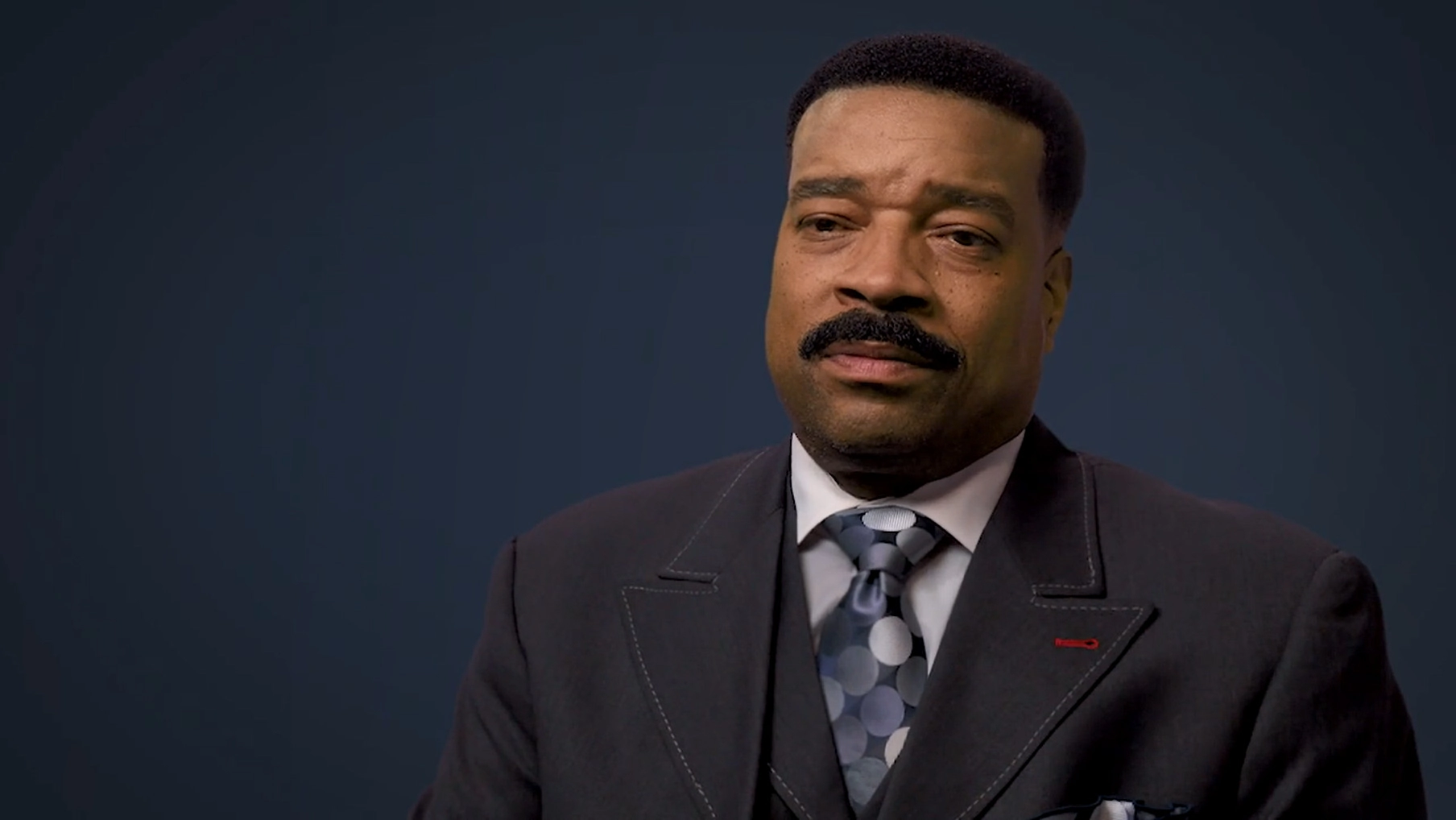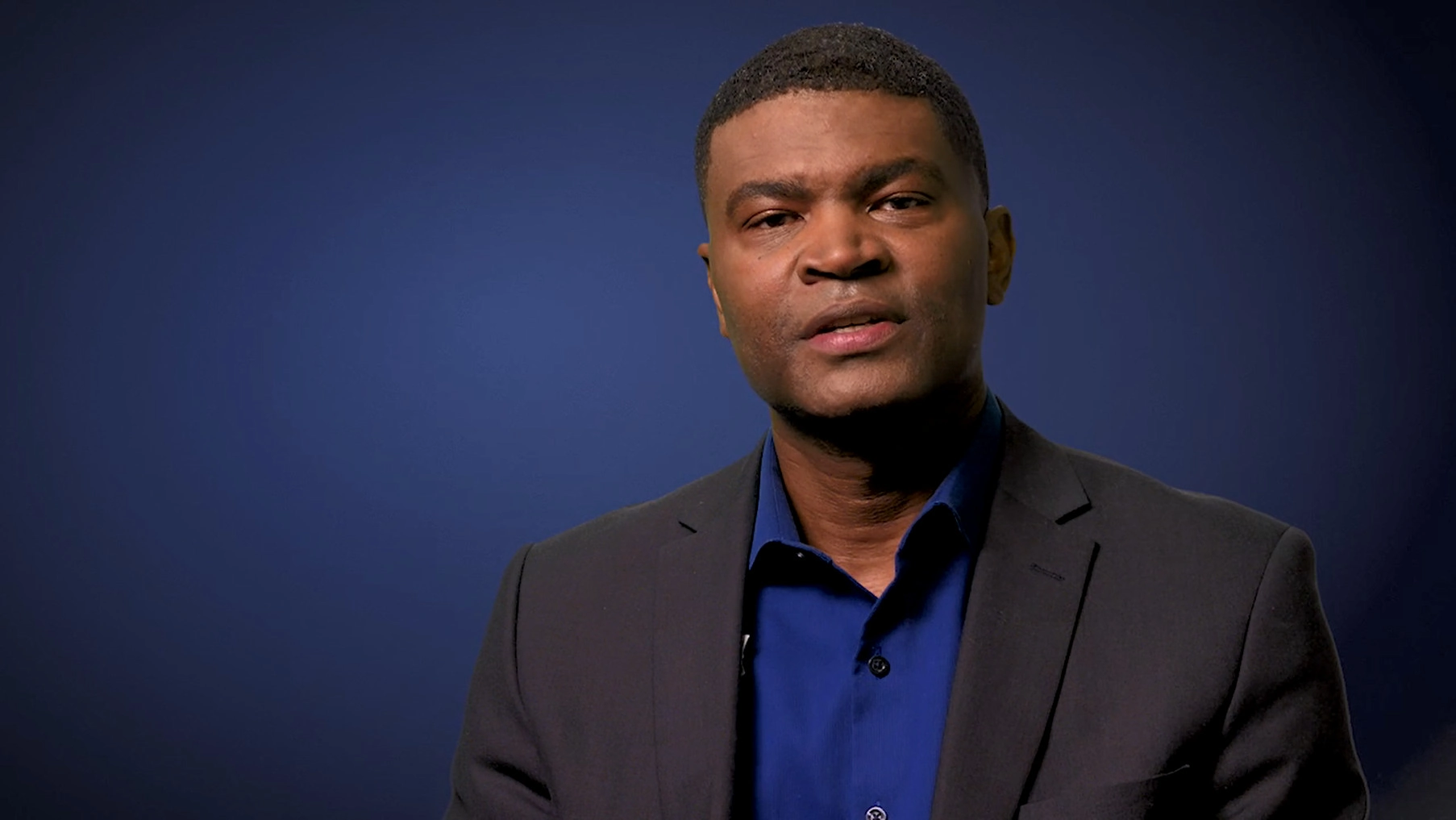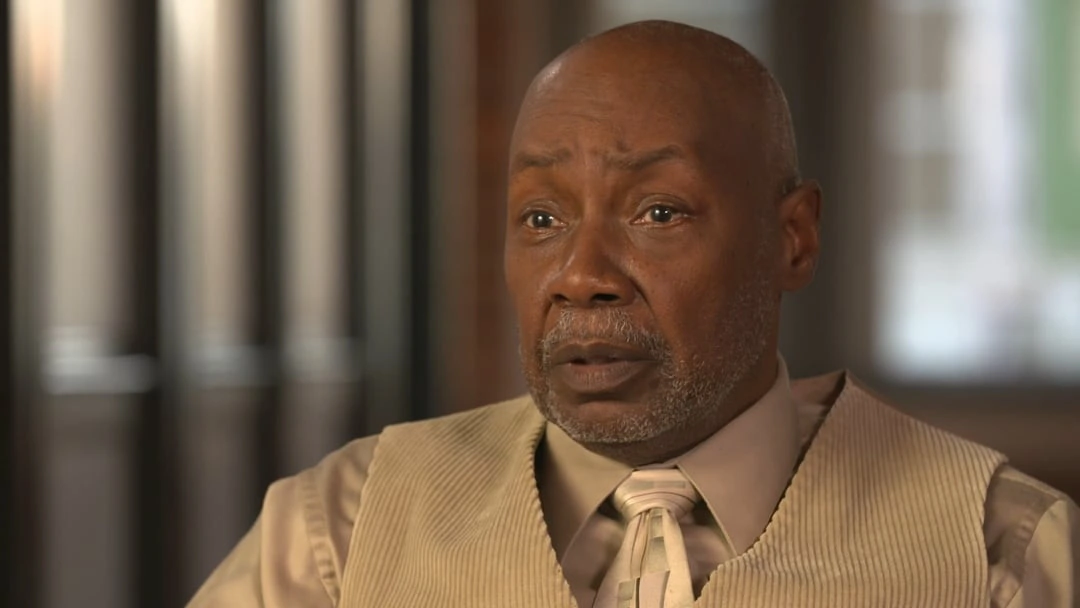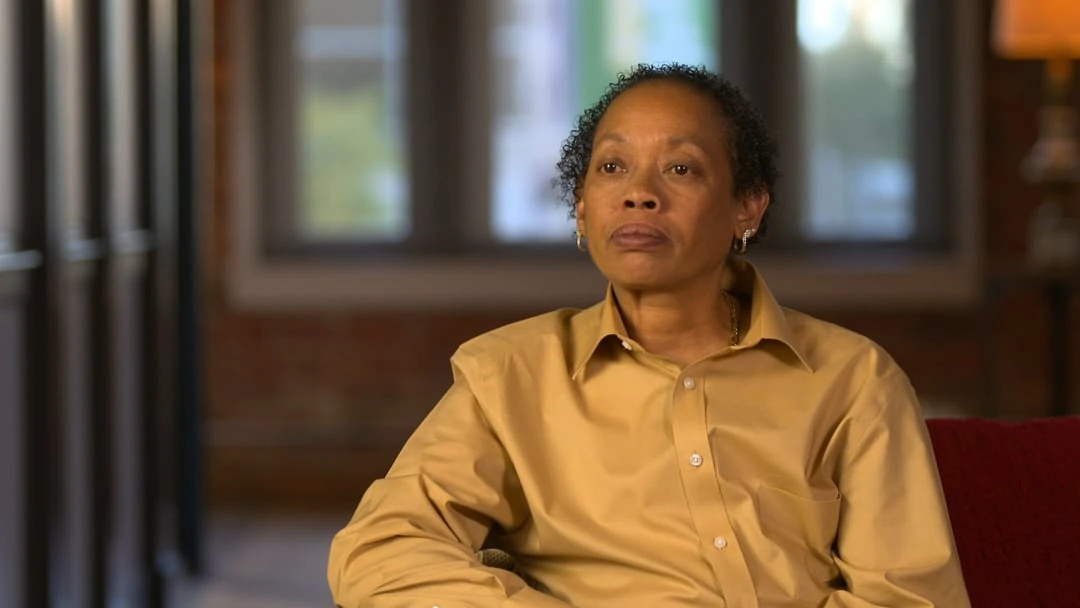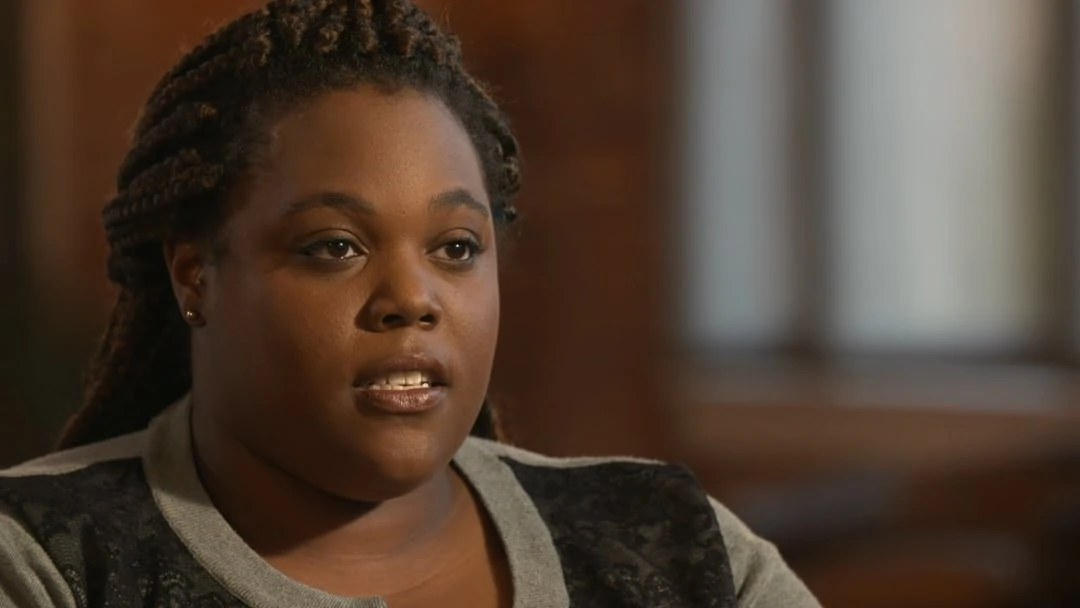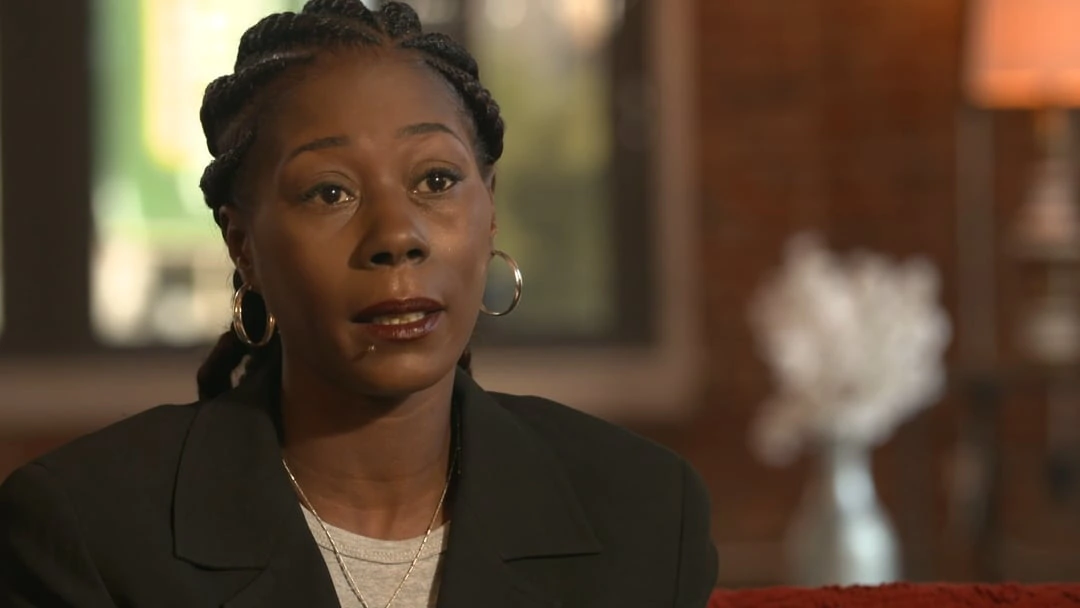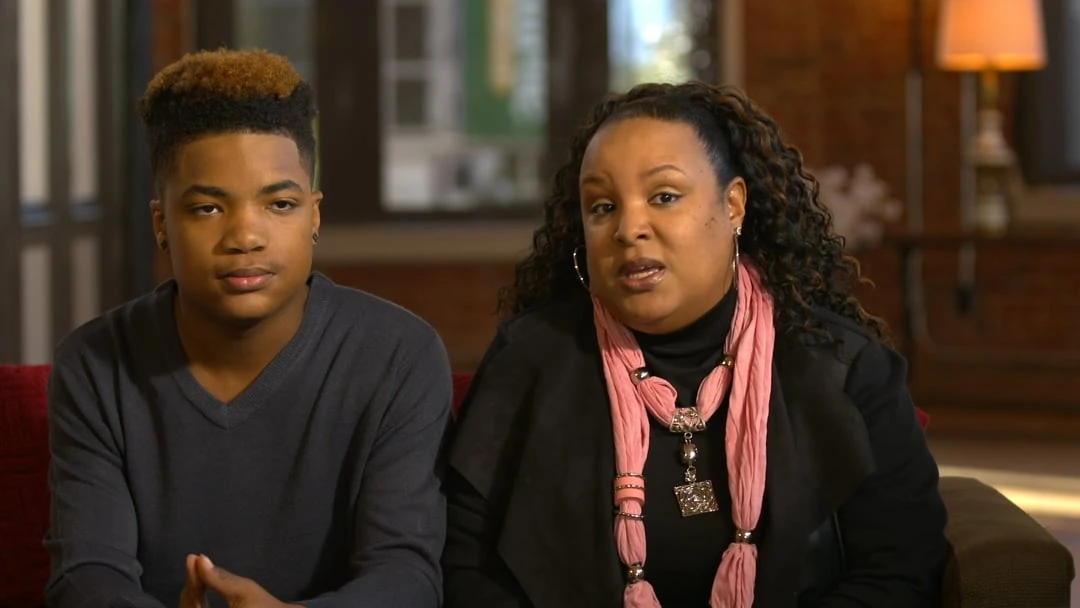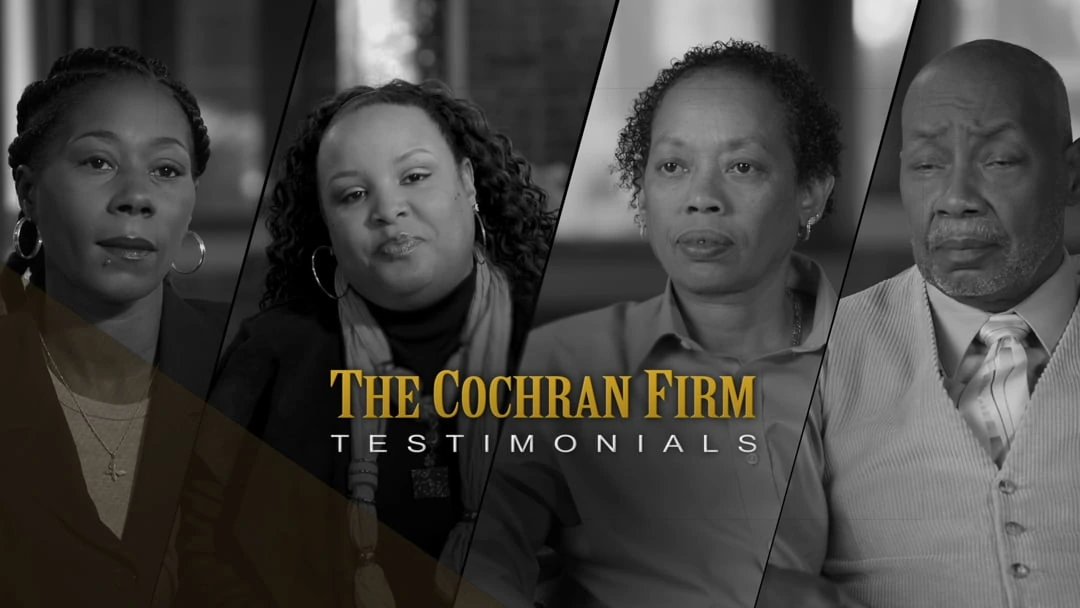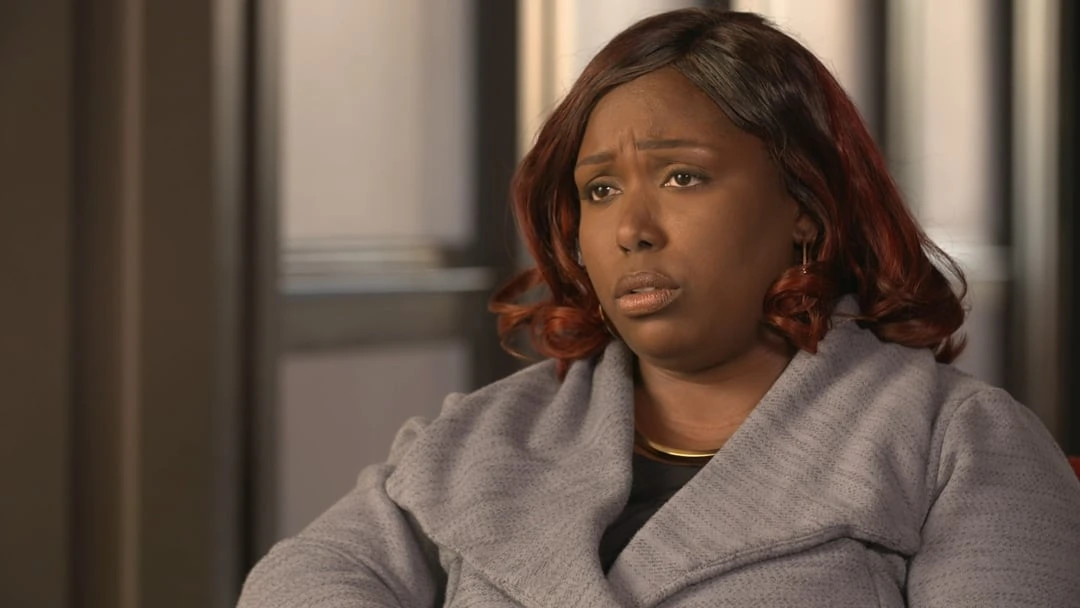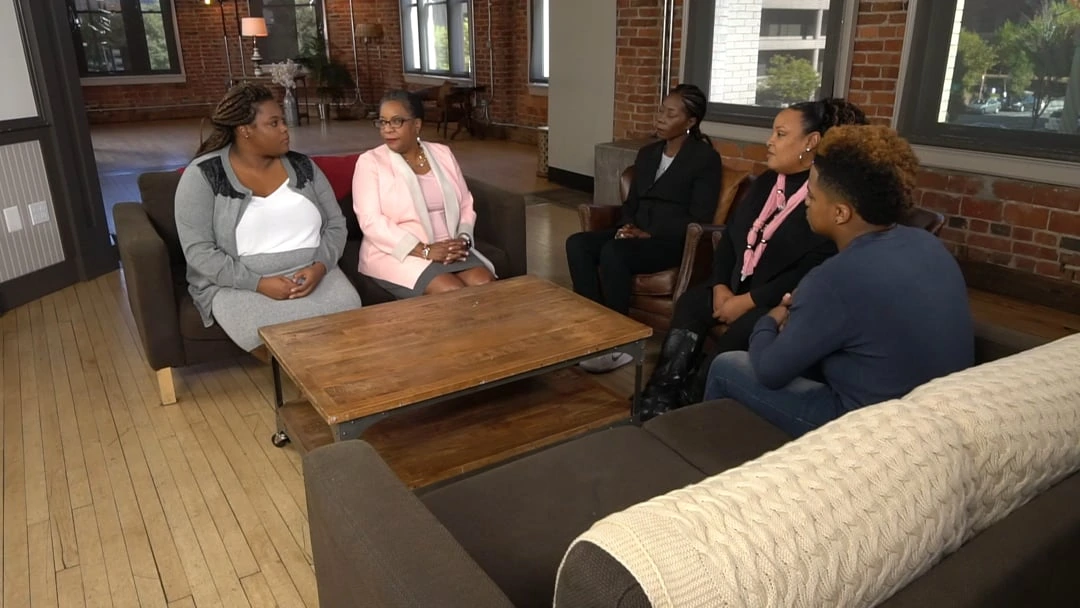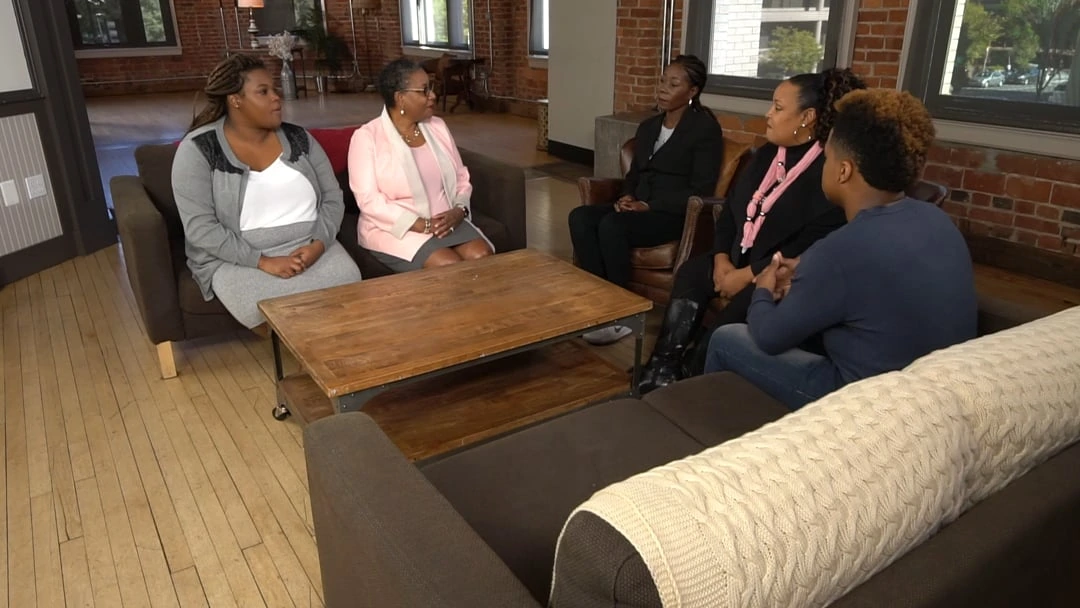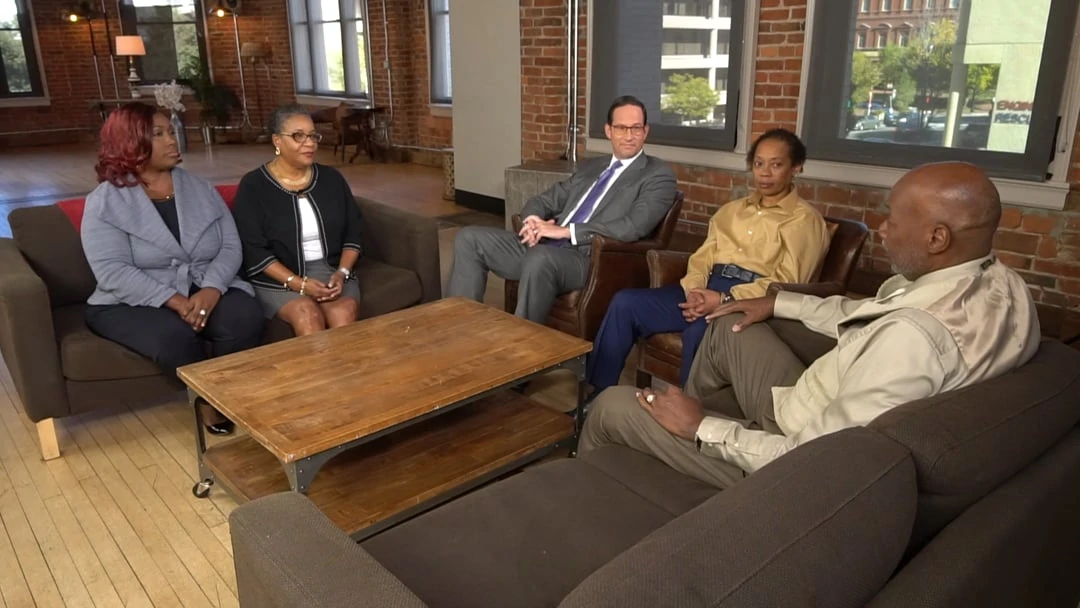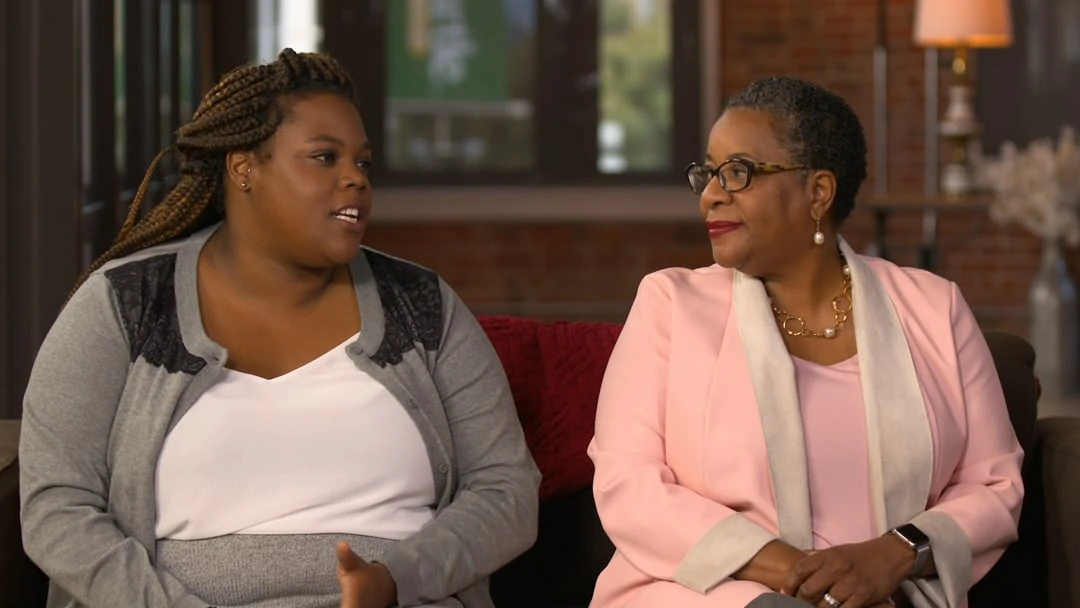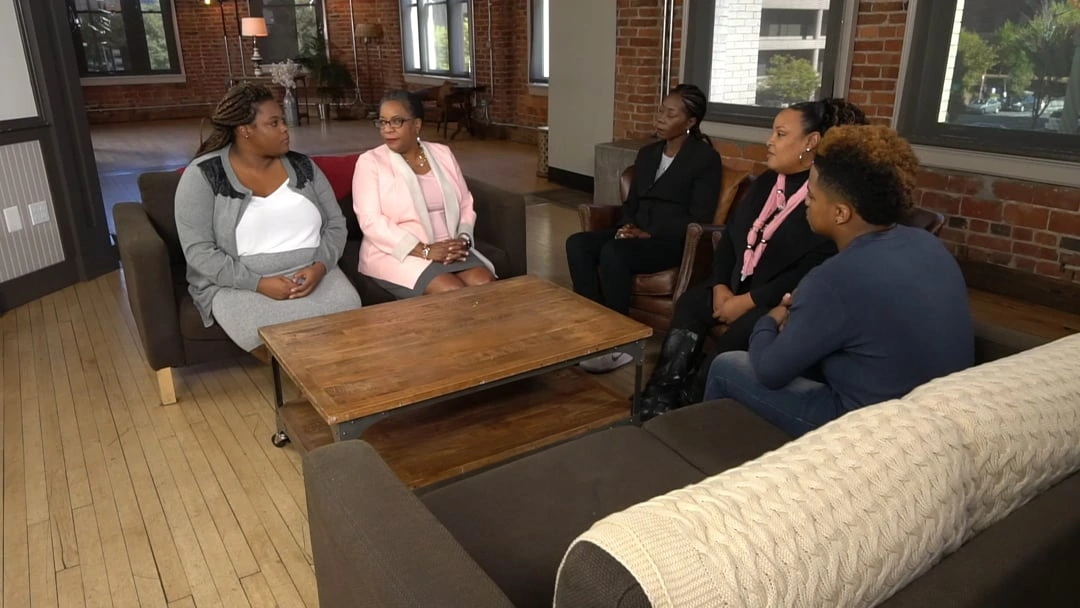Punitive damages (also known as “exemplary damages”) are not awarded to compensate victims but rather to punish the defendant’s wrongdoing and deter others from engaging in similar tortious activity. Courts do not often grant punitive damages and there are strict legal standards that must be satisfied in order to merit the award.
Virginia has its own standards for when punitive damages may be awarded to victims of negligence. In order to warrant punitive damages, Virginia law requires that defendants acted “wantonly, oppressively, or with such malice as to evince a spirit of malice or criminal indifference to civil obligations.” This level of negligence warranting punitive damages exceeds simple negligence or gross negligence to such a degree that it reaches the level of willful and wanton negligence.
Simple negligence is defined as failure to exercise the degree of care that an ordinary person would exercise in a similar situation to avoid injury to another. Gross negligence is considered a disregard of care that amounts to a complete neglect of the safety of others. Virginia courts consider willful and wanton negligence to be a defendant “acting consciously in disregard of another person’s rights or acting with reckless indifference to the consequences, with the defendant aware, from his knowledge of existing circumstances and conditions, that his conduct probably would cause injury to another.”
In Virginia, a plaintiff must demonstrate that the defendant acted with actual malice in order to receive punitive damages. This can be a difficult bar to reach and may require a skilled and seasoned attorney to make an effective case. Hiring an attorney can help you make the case that the court should punish wrongdoers for their malicious, willful, and wanton negligence and deter others from acting in a similar manner.
Virginia is one of many states following the anti-consumer trend of enacting tort reform laws that curtail the right of juries to make decisions. Tort law reforms seek to place limits on damage awards ranging from personal injury to medical malpractice. Virginia statute § 8.01-38.1 places a cap of $350,000 on punitive damages courts may award to punish wrongdoers. If a jury in Virginia exceeds the cap on punitive damages, judges are required to reduce the award to the maximum allowed by law. Juries in Virginia are not given instructions informing them of this cap on punitive damages. Such caps are instituted to save money for insurance companies and large corporations and often end up harming injured victims and families, who depend on verdicts and settlements to pay for funeral costs, health care expenses, and other expenditures made necessary by a catastrophic injury.
If you’ve been hurt by the malicious negligence of another, a jury may award you punitive damages in order to punish the defendant and send a message to others that the behavior which caused the injury will not be tolerated. Hiring the right attorney can ensure wrongdoers are punished for their willful and wanton negligence.
The experienced and dedicated personal injury attorneys at The Cochran Firm, D.C. can help you recover compensation for pain and suffering, lost wages, hospital bills, and other damages. We will take the time and investigate your personal injury or wrongful death claim and determine whether it meets the Virginia standard to ask for punitive damages.
The Cochran Firm, D.C. offers free, prompt, and confidential case reviews. We represent our clients on a contingency basis so there are absolutely zero legal fees unless we win your case for you. Call us locally at 202-682-5800 or at 1-800-THE-FIRM (843-3476) to reach us 24 hours a day. You may also fill out a contact form here on our website.
There are strict time deadlines when filing a personal injury or wrongful death lawsuit so please contact us at your earliest and preserve your rights.
